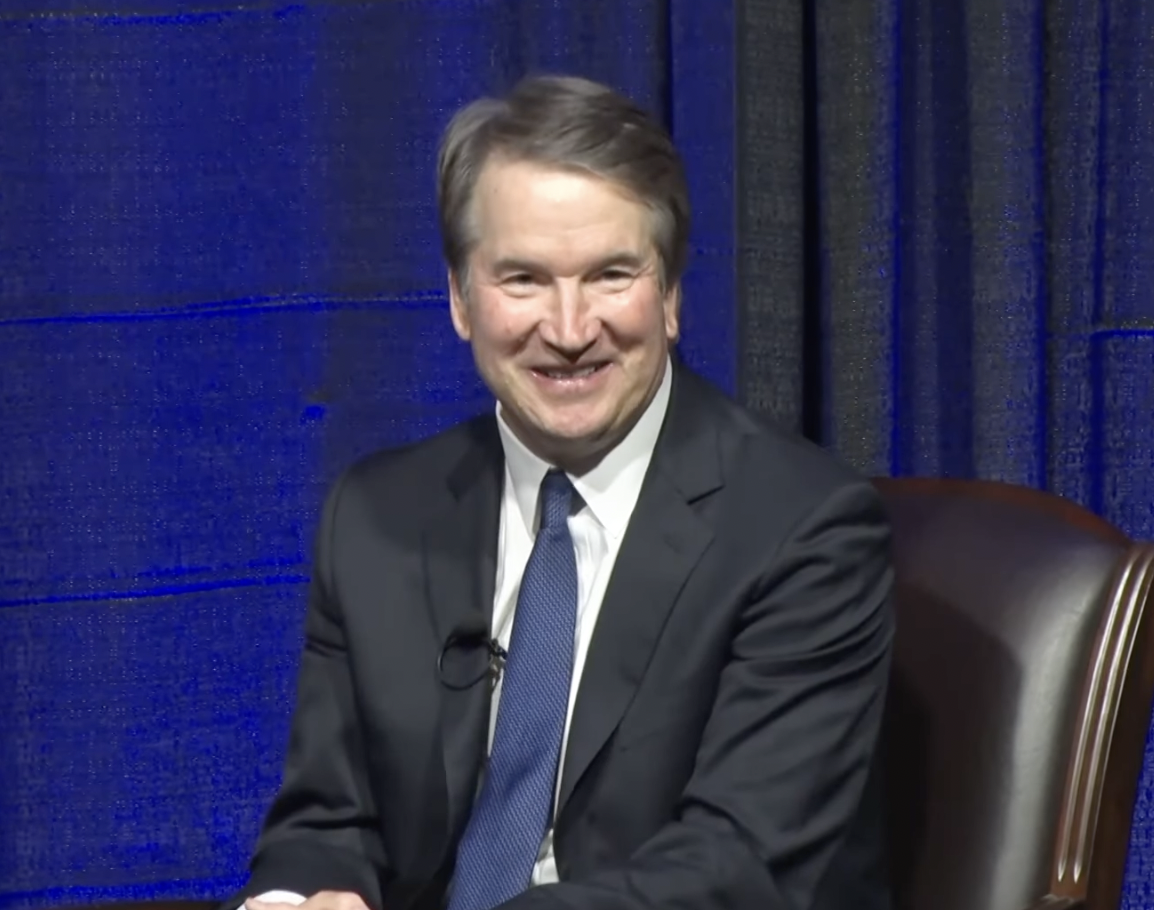Justice Kavanaugh Dismisses Televising SCOTUS But Says Court Likely to Keep Live Audio "Forever"
By Manny Marotta, FTC law clerk
 During a video-recorded event in Waco, Tex., on Sept. 11, Justice Kavanaugh was asked what he thought about televising Supreme Court proceedings on C-SPAN.
During a video-recorded event in Waco, Tex., on Sept. 11, Justice Kavanaugh was asked what he thought about televising Supreme Court proceedings on C-SPAN.
Kavanaugh replied: “I’m against that. I don’t think we want to be TV celebrities, and I think my colleagues and I […] would be concerned about how that would change the dynamic of how judges behave. […] I think we want to keep it the way it is. Now we do livestream the audio now — that’s a COVID innovation — and I think that’s worked out well for educating people who are interested in the Court. […] But I think television might change the dynamic a bit.”
He added that the live audio experiment “has worked well” and that the Court “will keep that forever, probably.”
Kavanaugh’s remarks show that while he and some of his colleagues continue to oppose cameras in the courtroom, he concedes that live-streamed audio has improved public understanding of the Court. (We believe video would help even more, since courts that televise haven’t seen in a dip in the quality of argument, or an increase in the grandstanding, once video has been introduced.)
His comments also mark a shift from his 2018 confirmation hearing, when he told Sen. Chuck Grassley that he would “keep an open mind” about cameras and consult his colleagues. It now appears he has reached a firmer position against them.
But not all justices agree. A 2021 fact sheet from Fix the Court notes that Justices Barrett (as a judge) and Kagan were open to cameras, and former Sixth Circuit Judge Boyce Martin in 2007 criticized the inconsistency of justices who resist cameras in the courtroom yet regularly appear in public when it’s time for them to sell their books:
“I find it rather bewildering,” Martin said, “that some of the same justices who have serious reservations about placing cameras in the courtroom have also thrust themselves into the public spotlight through their lectures, debates and books. […] Televising the oral arguments will not produce the disastrous results predicted by some justices; rather, it will yield positive results [and] increase the public’s knowledge of the appellate process.”
Fix the Court agrees with Martin’s viewpoint. We support a bill introduced this year that, if passed, would require the video broadcast of SCOTUS arguments and opinion announcements.
Given the volume of events undertaken by Justices Gorsuch, Sotomayor, Barrett and Jackson especially in 2024 and 2025, it’s unfortunate that televising proceedings remains a bridge too far.
Rather, broadcasting arguments would strengthen public understanding, trust and transparency in the Court, and we hope that all the justices will come to share that view.